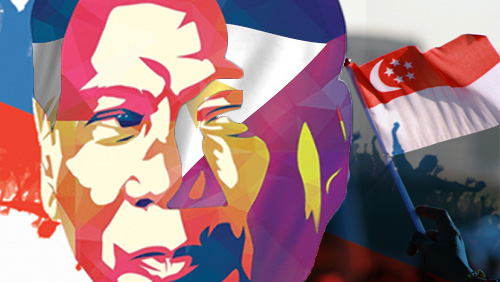The case of the Philippines vs. Singapore is more than just a question of who will overtake whom. The two countries have very different regimes and economic policies, so timeframes must be kept in mind here. From an outsider perspective who hasn’t been to either country, it looks as if the Philippines can overtake Singapore in the short to medium term, but that Singapore is more stable in the long run.
The positives for the Philippines are that, first, while gambling may be a crony industry favoring the government-connected over independent entrepreneurs, it is still protected by the existence of PAGCOR. Not in terms of taxation, because the on-again off-again fights about who taxes PAGCOR and for how much is not really a fight over tax levels, but over which government agency gets to decide where the taxes are going. PAGCOR protects the gambling industry because its existence means the government already has full control over the entire industry and therefore won’t harm it too badly.
Why is Rodrigo Duterte attacking the black market drug industry so hard, but leaving the gambling industry (at least the brick and mortar casinos) alone? Because the illegal drug industry does not pay taxes. But no government wants to bite the hand that feeds it, and all of PAGCOR’s revenues essentially belong to the government.
Then why the constant fight about what taxation PAGCOR is subject to, franchise or corporate etc.? That’s all a question of who controls the tax revenue. Since in the end all PAGCOR revenues go to the government anyway as it is a 100% state-owned firm, the fight is just intergovernmental bickering about which part of the government has the privilege of using the money for whatever project it would like to fund. The Filipino casinos have basically admitted this many times, since PAGCOR license fees fall when PAGCOR has to pay more “corporate taxes” and they rise when it has to pay “less”, so to speak. Either way the casinos pay the same amount to PAGCOR, more or less.
